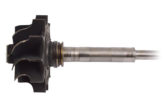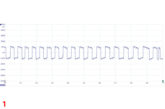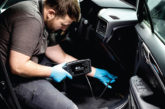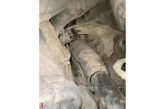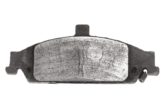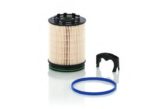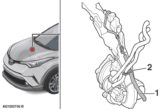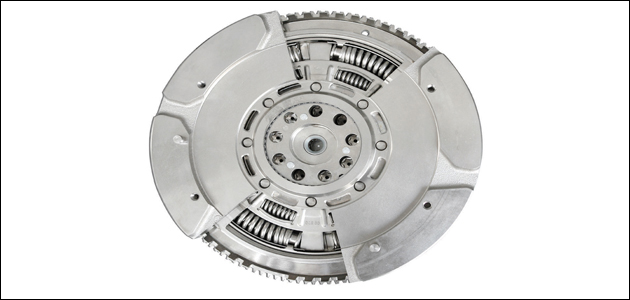
When a car comes into the workshop with a potential problem, it pays to take time to run through a check-list before making your diagnosis as there are a number of things to consider when you think you have a rattle from a Dual Mass Flywheel (DMF).
Operating outside of the limits
LuK DMFs, as OE equipment, are tested in the vehicles they are used in at the GVW the vehicle is designed for, using the tune the VM has chosen. If the vehicle is operated outside of those limits, beyond its design life or with a chip tune then the DMF will, like most components under those conditions, wear out sooner rather than later.
DMF DIAGNOSIS CHECKLIST
– Is it the DMF that’s rattling? Does the noise go away when you depress the clutch or get worse when driving round corners? If it’s both then it might suggest it’s the gearbox rattling rather than the DMF.
– Starting and stopping the engine creates the most movement in a DMF so if you hear noises under these conditions it might suggest a worn DMF, but not exclusively.
– Does the engine stop cleanly or does it jump up and down on the final gasp? A worn DMF will not cause the engine to perform badly, but a poorly running engine will make a DMF rattle and shorten its life because it’s absorbing more vibration than it should.
– Likewise an engine that is cranking slowly due to a poor battery or dodgy starter motor won’t produce a nice clean start and the DMF will be working overtime trying to compensate.
– Faulty fuel shut-off valves or dribbling injectors will both create an unsmooth cut-off, or worse, an engine deciding to go backwards for the last turn.
– So it’s starting and stopping cleanly and it looks like it is running OK, but when you increase the revs slightly you get a small noise in the transition period. Is the engine still smooth when doing this or is it coughing? Maybe it’s the EGR valve that’s doing the rattling?
– Is the engine running like it was when it left the factory? Cylinder-to-cylinder imbalance due to compressions or injectors will all contribute to increased vibration going into the DMF.
– So it is running OK, it’s starting OK but we still have a rattling DMF (and we are convinced it’s the DMF) but it has relatively low mileage. Ask the following questions:
- Do we know this customer?
- How does the customer drive it?
- How does the customer load it?
Vehicle manufacturers carry out extensive testing of their vehicles (including running around at maximum GVW) to make sure they can release the vehicles to the general masses, yet we still think we can deliver wet concrete in the back of the Transit!
Vehicle specific issues – Vauxhall Vectra
There are some vehicle specific issues that keep cropping up. The Vauxhall Vectra apparently has a control unit in front of the battery that if not clipped in properly with some force will fool even the most experienced of mechanics into believing the DMF is rattling. The swirl valves or their control unit is equally a popular cause of DMF rattling misfire on the same vehicle as well as glow plugs not working, resulting in excessive cranking to start.
When you’ve identified the reason behind the wear…
In reality the thought process behind all the aforementioned items is a few minutes to a professional. After completing the diagnosis and advising the customer of the cost of bringing their car back to how it was when it left the factory we then advise:
- Replace the DMF with a component that matches the original specifications;
- Lock the flywheel before undoing the DMF bolts (to prevent engine damage due to worn timing chains);
- Make sure you rectify any oil leaks before refitting the DMF;
- Check the reluctor ring for damage and the correct number of teeth;
- If a vehicle manufacturer specifies a ‘torque’ and ‘angle’ for the DMF bolt it should be replaced;
- If there is no complaint of noise, always measure the DMF wear on a vehicle that has come in for a clutch change as it may still require changing.
Don’t take chances
There is an increasing trend for garages to allow customers to purchase their own parts and then fitting this component for them. If you’re considering doing this, ask yourself that if the part you fit converts the vehicle away from its original specification, changing the fundamental characteristics of the engine in the process, whether the customer will hold you responsible if they have a gearbox malfunction further down the line. Not a chance you want to be taking!

